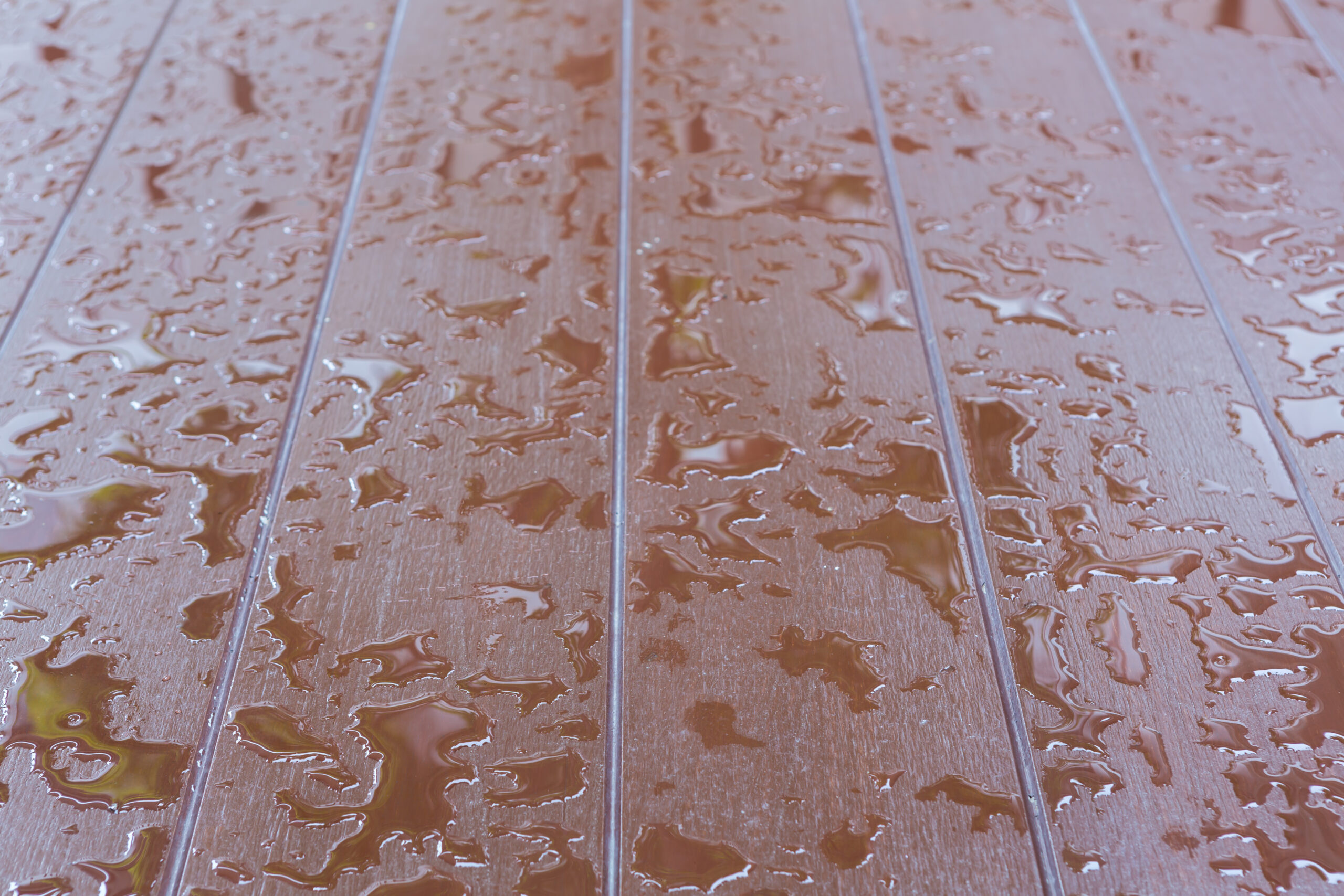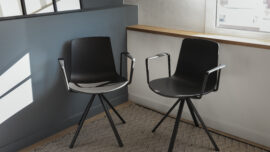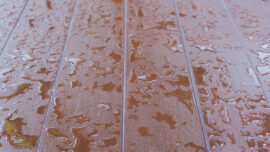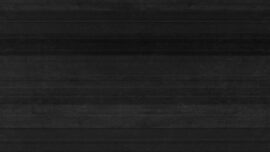
Protect Your Floors: Choosing the Right Moisture Barrier for Lasting Durability
Last Updated on January 18, 2025 by Jeff Cappon
When it comes to flooring installation, one crucial element that often goes overlooked is the moisture barrier. Whether you’re installing hardwood, laminate, vinyl, or tile, a moisture barrier is essential for protecting your floors from damage caused by excess moisture or humidity. Let’s dive into what a moisture barrier is, why it’s important, and how to choose the right one for your flooring project.
What Is a Moisture Barrier?
A moisture barrier is a layer of material designed to prevent moisture from seeping through your subfloor into your flooring. It acts as a protective shield that blocks water vapor and other forms of moisture, ensuring your floors remain structurally sound and free of damage.
Moisture barriers can be made of plastic, rubber, or specialized membranes, and they are often used in flooring projects involving concrete subfloors or areas with high humidity levels, such as basements.
Why Is a Moisture Barrier Important?
- Prevents Floor Damage: Moisture can cause warping, swelling, or buckling of flooring materials like hardwood or laminate. A moisture barrier keeps these issues at bay.
- Reduces Mold and Mildew Growth: Excess moisture trapped under flooring can lead to mold and mildew, which pose health risks and can ruin your floors.
- Enhances Durability: Floors installed with a moisture barrier are better protected and last longer, saving you money on repairs or replacements.
- Protects Your Investment: Flooring is a significant investment, and a moisture barrier ensures it stays in pristine condition for years.
Types of Moisture Barriers for Flooring
The type of moisture barrier you need depends on your flooring material and subfloor type. Here are some common options:
- Plastic Sheeting (Polyethylene):
- Affordable and widely used for concrete subfloors.
- Ideal for laminate and vinyl flooring.
- Foam Underlayment with Moisture Barrier:
- Combines cushioning and moisture protection.
- Perfect for floating floors like laminate or engineered wood.
- Liquid-Applied Moisture Barriers:
- Applied as a liquid and dries into a protective layer.
- Common for tile installations or uneven subfloors.
- Rubber or Asphalt-Based Barriers:
- Heavy-duty and long-lasting.
- Often used in commercial or high-moisture areas.
- Combination Underlayments:
- Offer moisture protection along with soundproofing and insulation.
- Great for multi-purpose installations.
How to Install a Moisture Barrier
Proper installation is key to ensuring your moisture barrier performs effectively. Here’s a general guide:
- Prepare the Subfloor:
- Clean the surface thoroughly, removing dirt, debris, and any existing moisture.
- Ensure the subfloor is level and smooth.
- Install the Moisture Barrier:
- For plastic sheeting, overlap the edges by at least 6 inches and seal with tape.
- For liquid barriers, apply the product evenly with a brush or roller, following the manufacturer’s instructions.
- For foam or combination underlayments, unroll and align the material, taping seams as needed.
- Proceed with Flooring Installation:
- Once the barrier is in place, install your flooring as directed.
Protect Your Floors with the Right Moisture Barrier
A moisture barrier is a simple yet essential investment to ensure the longevity and durability of your flooring. Whether you’re installing hardwood, laminate, or tile, taking the time to choose and install the right barrier can save you from costly repairs and replacements in the future.
Need help selecting the best moisture barrier for your project? Contact us at GC Flooring Pros to guide you through the process and ensure your floors are protected for years to come!
FAQ: Moisture Barrier for Flooring
Do I always need a moisture barrier?
It depends on your subfloor and flooring type. Concrete subfloors and areas with high humidity, like basements, usually require a moisture barrier. Check your flooring manufacturer’s recommendations.
Can I skip the moisture barrier if I’m installing vinyl flooring?
While vinyl is water-resistant, a moisture barrier is still recommended for installations over concrete to prevent moisture from affecting the adhesive or subfloor.
How do I know if my subfloor has moisture issues?
Use a moisture meter to check the subfloor’s moisture levels. Concrete should have less than 3% moisture content, while wood subfloors should be below 12%.
Can I use a vapor barrier instead of a moisture barrier?
While similar, vapor barriers are designed to slow down moisture transfer, whereas moisture barriers completely block it. Choose based on your flooring type and the level of moisture risk.
How long does a moisture barrier last?
A well-installed moisture barrier can last as long as your flooring, but its durability depends on the material and environmental conditions.





